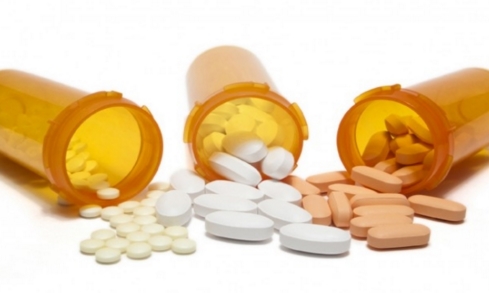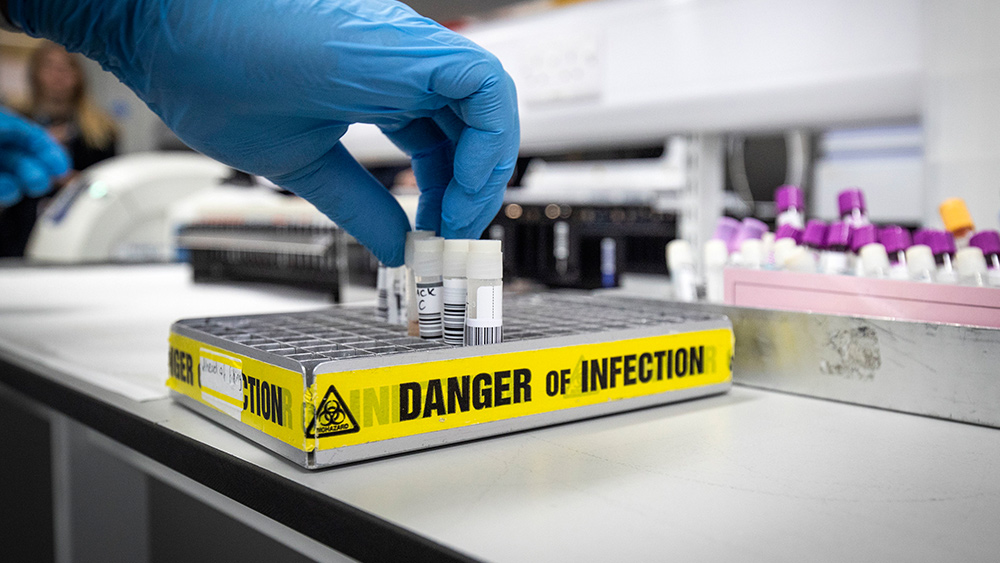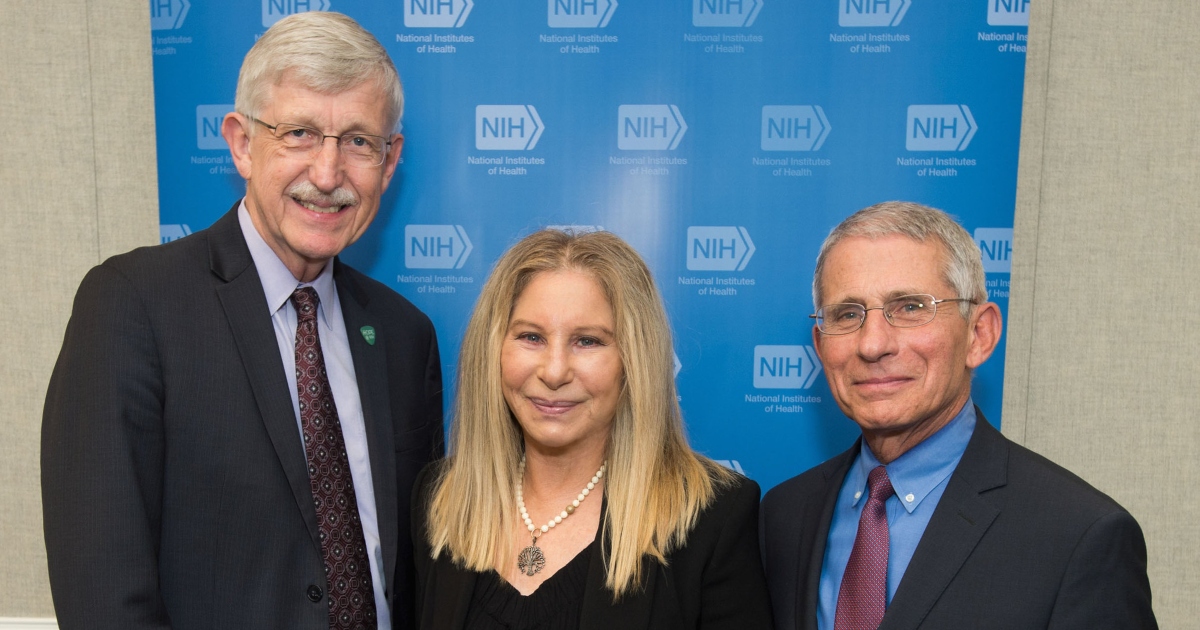
There are six statin drugs available on the market today - pitavastatin, atorvastatin, rosuvastatin, pravastatin, simvastatin and fluvastatin. These drugs work by lowering low density lipoprotein cholesterol (LDL-C) levels by approximately 20-50%. They also lower triglyceride levels by 10-20% and cause a possible rise in serum high density lipoprotein cholesterol (HDL-C) levels by 5-10%. Studies show that statins lower the risk of cardiovascular events and reduce all-cause mortality by 10% for every 1.0 mmol/L reduction in LDL-C levels.
However, there are several known risks with these drugs, and long-term use poses other life-threatening risks that may negate their over-hyped clinical benefits. Among the many risks include myalgia and rhabdomyolysis, new onset Type-2 diabetes, and acute kidney injury leading to hospitalization.
Chronic pain, myalgia and rhabdomyolysis
One of the lesser-known side effects of statins is rhabdomyolysis. While this risk is rarer, it causes skeletal muscle to break down rapidly, leading to muscle pains, weakness, vomiting and confusion that affect one's daily life. A Cochrane review that included nine trials found that 3,551 of 37,939 patients developed symptoms of myalgia (9.4%). Incidence of rhabdomyolysis doubled for patients who were in the intensive statin group compared to the less intensive statin group. These cases of rhabdomyolysis can also induce tubular obstruction causing tubular injury and ischemia, leading to proteinuria and kidney problems. Another lesser known side effect of statins is statin-associated myopathy, with significant elevation of serum creatine kinase. This condition affects as many as 1 per 1000 patients on statin therapy.
Cell injury and new onset Type-2 diabetes
Statins have been traditionally associated with mitochondrial dysfunction and energy decline as well as a reduction in co-enzyme Q10 levels, which are important for cardiovascular function. A lesser-known issue with statins is their proclivity to lower farnesyl pyrophosphate and geranylgeranyl pyrophosphate. These are the end products of the mevalonate pathway, which is vital for cell growth. The reduction of these, along with alterations in cholesterol content in skeletal muscle cells, ultimately alters the flow of ion channels, leading to poor calcium uptake and rapid cell injury and cell death.
The pharmacological action of statins can also disrupt insulin signaling pathways, harming pancreatic beta cell function, while leading to insulin resistance and full-blown diabetes mellitus. In a 13-trial meta-analysis, there was a new case of diabetes mellitus for every 255 patients treated for at least four years with statin therapy. A 5-trial meta-analysis also found an association between statin therapy and an increased risk of new onset diabetes. A higher dose of statins increased one’s risk of being diagnosed with new-onset Type-2 diabetes.
Acute kidney injuries leading to hospitalization
A major retrospective observational analysis found a higher risk of hospitalization for acute kidney injury for patients taking statins drugs. The analysis included more than 2 million statin patients with no prior history of chronic kidney disease and another 59,636 statin patients with chronic kidney disease. Within just four months of taking statins, there were 1,896 hospitalizations for acute kidney injury in the group with a history of chronic kidney disease. There were an additional 4,691 hospitalizations for acute kidney injury in patients who had no history of kidney disease. A higher dose of statins was associated with higher hospitalization rates.
While some studies prove a cardiovascular benefit for statins, there are numerous ways these popular prescription drugs break people down from the inside out, destroying mitochondrial function, hindering cell growth, increasing cell death, breaking down the musculoskeletal system, and sending users to the hospital with diabetes complications and acute kidney injury.
For more on this controversy, check out Statins.news.
Sources include:
Please contact us for more information.





















